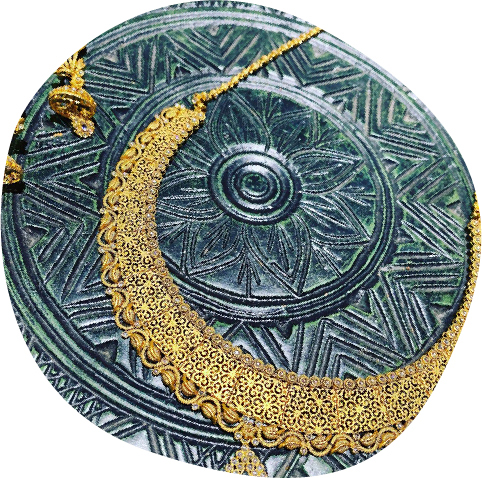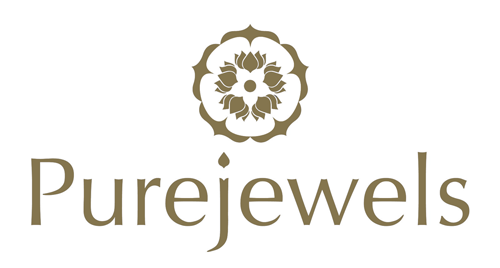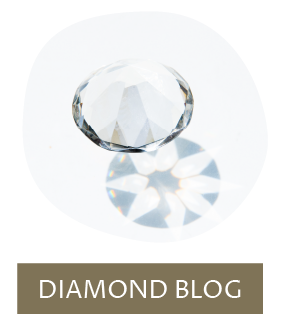Zakat (zakaat) is one of the five pillars of Islam and it refers to the practice of donating some of your wealth to charity.
Why is Zakat important?
In Islam, all things belong to God, and Zakat is an important way to pay respect to that belief. It means “purify” and giving away wealth is a humble act that demonstrates gratitude and faith. British Muslims donate millions of pounds in Zakat every year, providing support for the sick and needy. The practice of Zakat strengthens communities, replacing greed with kindness and love.
Zakat Calculator
The percentage of Zakat on Gold
2.5%
Gold Price Today for 24K
£ 80.02 / Gram
Current Nisab Value
87.48 Grams
24 Carat Gold/Jewelry
22 Carat Gold/Jewelry
18 Carat Gold/Jewelry
Other Gold Valuables. (Pls. insert the Current Estimated Value)
ZAKAT PAYABLE
Who is eligible for Zakat?
Every adult Muslim is eligible to pay Zakat. But you will only start to make donations when you reach the wealth threshold – and the day that you become eligible for Zakat becomes your annual Zakat payment date.
When to pay Zakat?
Te wealth threshold – Nisab – was first established by the Prophet Mohammed. He used old-fashioned weighing measurements but the amount translates to about 87.48g of gold or 612.36g of silver.
At today’s prices, that equates to around £2,800 of gold and £250 of silver. The wealth threshold includes all savings, so if you have more than £250 in an ISA, you are eligible to pay Zakat. On the day that your collective savings or assets reach the threshold, your Zakat becomes due. This date becomes your Zakat anniversary and the date upon which future payments should be made.
How much is Zakat?
Zakat is 2.4% or 2.5% of your savings or wealth. But see how to work out this total, below.
How to work out Zakat?
Not all of your possessions should be included in your Zakat total.
Your total assets should not include your regular income, which covers your living expenses. Your Zakatable total includes static assets like jewellery, watches, stocks, shares, and savings. It excludes your home or car (unless you sell them and turn them into savings). It also includes any money that you’ve lent out. (Although there is some consideration for those who have lent money that may not be repaid – if this is the case, take advice.)
How much is Zakat for you?
Work out the total of your assets – this is easy where it’s a case of adding up bank balances, but trickier with watches and jewellery. (See below for doing this.)
Divide by 100 and multiply by 2.5 to obtain the 2.5% figure.
How to calculate Zakat on gold

The calculation must be made on your Zakat anniversary, which is the date that you became eligible for paying Zakat. For many women, this date is their wedding anniversary because their wedding jewellery is worth more than the threshold.
If you are married, you must divide shared assets and calculate Zakat separately.
Make a tally of all your gold and silver jewellery, including watches and wedding rings. Note: platinum, palladium and titanium jewellery is not included. Weigh any pieces of jewellery or bullion that are simply made of gold or silver. If the pieces contain stones like diamonds, then you will need to calculate the metal weight by subtracting the weight of the stone. You can take them to a jeweller to work out the gold or silver content if it is difficult. Make sure you obtain a certificate of the weight and keep it in a safe place for the following year.
Add up the total weight and then calculate the price using the gold and silver price index and calculator at the National Zakat Foundation. 2.5% of this figure is the Zakat that you owe on your jewellery.
Did you know… You can bring your watches and jewellery to PureJewels for a valuation for the purpose of Zakat payments.
How much Zakat to pay – and where to pay it
When you have worked out 2.5% of your assets, the last job is deciding where to pay it. This is largely up to you, although your local community should take priority. The Qu’ran specifies that your Zakat must go to one of the following:
- The poor;
- The needy;
People who distribute Zakat; - The work of winning hearts (reaching out to new Muslims);
- Slaves;
- Debtors;
- The cause of Allah;
- The wayfarer (emergency assistance).
Islamic scholars agree that distributing your Zakat evenly is a good practice, and using a dedicated Zakat organisation can help you to do this. These organisations accept Zakat payments and distribute them, but you can do the work yourself and choose one or more local charities that fall under the categories above.
Can a mother give Zakat to her son?
While this is a matter of some debate, it is generally not acceptable to give Zakat to family members; and it is certainly not acceptable to give Zakat to your dependents.
It used to be the case that a son was not seen as dependent on his mother (just on his father, who was responsible for providing the income) – and that a mother would be free to give Zakat to her son.
However, people tend to agree now that giving Zakat to your children, parents or spouse is not acceptable. Of course, it is the case that we have a responsibility to care for and assist our family members, outside of the obligations of Zakat.
While a mother cannot give Zakat to her son, she can give him some of her wealth and pay Zakat elsewhere on the rest.
PureJewels offers jewellery valuations for the purpose of Zakat
Valuing your assets to calculate Zakat can be complex and intricate. If you need assistance, PureJewels on Green Street is the place for discreet and trustworthy advice. We can weigh and test your jewellery and watches, offering advice on their current market value. Please get in touch and we will be honoured to help.











